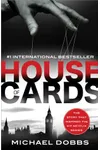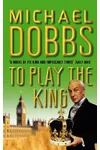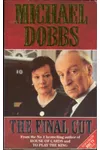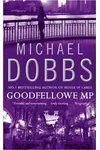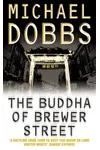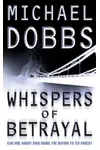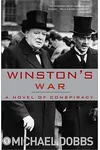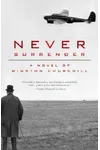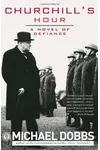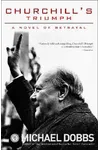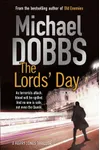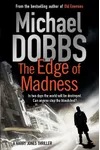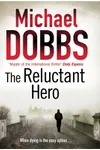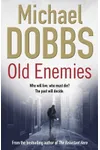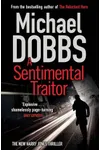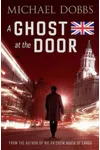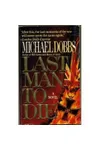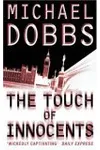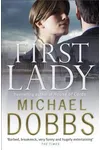Picture a British storyteller who turned the murky world of politics into gripping thrillers—meet Michael Dobbs! Born in 1948, Dobbs is the mastermind behind the House of Cards trilogy, a series that captivated readers and inspired two iconic TV adaptations. But he’s not just a bestselling author; Dobbs is a Conservative peer in the House of Lords, a former advisor to Margaret Thatcher, and a political insider whose real-life experiences fuel his page-turning novels.
With a knack for weaving ambition, betrayal, and power into stories that feel ripped from the headlines, Dobbs has carved a unique niche in political fiction. Ready to dive into his world? Let’s explore the life, works, and lasting impact of this literary and political heavyweight.
The Making of Michael Dobbs
Born on November 14, 1948, in Cheshunt, Hertfordshire, Michael Dobbs grew up with roots in both academia and adventure. Educated at Christ Church, Oxford, he later crossed the Atlantic to earn a PhD in nuclear defense studies at Tufts University’s Fletcher School. But politics called him back to England, where he joined the Conservative Party in 1977. As a close aide to Margaret Thatcher, Dobbs was by her side when she became Prime Minister in 1979, witnessing the raw energy of power firsthand. His career took him through roles like Chief of Staff and Deputy Chairman at Saatchi & Saatchi, but a fallout with Thatcher in 1987 sparked a new chapter: writing.
Michael Dobbs’s Unforgettable Stories
Dobbs’s writing career kicked off with a bang in 1989 with House of Cards, a political thriller centered on the cunning Francis Urquhart, a Conservative Chief Whip with a knack for manipulation. Inspired by Dobbs’s own political experiences, the novel’s iconic line, “You might think that, I couldn’t possibly comment,” became a cultural touchstone. The trilogy continued with To Play the King (1992), where Urquhart battles the monarchy, and The Final Cut (1994), a dramatic finale to his ruthless ascent.
Beyond the trilogy, Dobbs penned the Harry Jones series, featuring a soldier-turned-politician navigating crises in books like The Lords’ Day (2007), a tense tale of a terrorist attack during the State Opening of Parliament. His historical novels, such as Winston’s War (2004), explore Churchill’s era with vivid detail. Dobbs’s style is sharp, fast-paced, and laced with insider knowledge, blending Shakespearean drama with modern political intrigue. His themes of ambition and moral ambiguity resonate across borders, with translations in over 30 languages.
Why Michael Dobbs Matters
Michael Dobbs’s impact stretches far beyond the page. House of Cards not only redefined political thrillers but also shaped pop culture through its BAFTA-winning BBC series and the Emmy-nominated Netflix adaptation starring Kevin Spacey. Dobbs’s insider perspective offers readers a rare glimpse into the machinations of power, making his work both thrilling and eerily authentic. As a House of Lords peer, he continues to influence British politics, blending his literary and legislative roles with flair.
His novels have earned accolades, including shortlistings for the Channel 4 Political Book of the Year and Paddy Power awards. Dobbs’s ability to humanize the complexities of power—showing both its allure and its cost—keeps his stories timeless. Whether you’re a political junkie or a thriller fan, Dobbs’s work is a masterclass in storytelling.
About Michael Dobbs
- Born: November 14, 1948, Cheshunt, Hertfordshire
- Key Works: House of Cards, To Play the King, The Final Cut, Winston’s War
- Awards: Five Emmy nominations for Netflix’s House of Cards, shortlisted for Channel 4 Political Book of the Year
- Fun Fact: Survived the 1984 Brighton bombing during the Conservative Party Conference
Snag House of Cards and dive into Michael Dobbs’s thrilling world of political scheming—your bookshelf will thank you!
